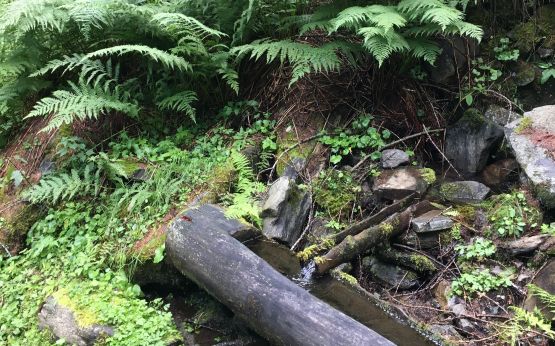Natural toxins comprise a highly diverse group of toxic compounds produced by either animals, algae, bacteria, fungi or plants that are to a great extent not yet commonly regarded as environmental contaminants of concern for water quality. However, as studies on the occurrence, distribution and transformation processes of natural toxins in the environment are generally scarce, effective environmental risk assessment is difficult and the degree of background toxicity to aqueous ecosystems caused by natural toxins unknown.
Aquatic fate and mobility of any organic compound in the environment can be systematically and quantitatively described by distribution coefficients such as those defining octanol-water partitioning (Kow) and sorption processes (Kd). Up to now, hardly any data defining those key parameters for natural toxins is available and in silico prediction tools show limited applicability for multifunctional organics as they are found within this group of chemicals. This stresses the urgent need for reliable, robust methods for high-throughput determination of physico-chemical properties as basis for profound environmental risk assessment.
Therefore, this project aims to establish HPLC-based high-throughput methods for property determination for a wide range of natural toxins. Subsequently, generated data will help to validate and calibrate prediction models for parameter estimation. The outcome of this project will also provide first indications on those phytotoxins that should be further considered and investigated as part of the complex mixture of micropollutants affecting water quality.
This project is part of the European Training Network “Natural Toxins and Drinking Water Quality - From Source to Tap” (NaToxAq) funded by the European Union’s Horizon 2020 research and innovation program. As a whole, NaToxAq aims to obtain a deep insight on natural toxins as environmental contaminants to ensure the production of clean drinking water.
Link to the project website: http://natoxaq.eu






